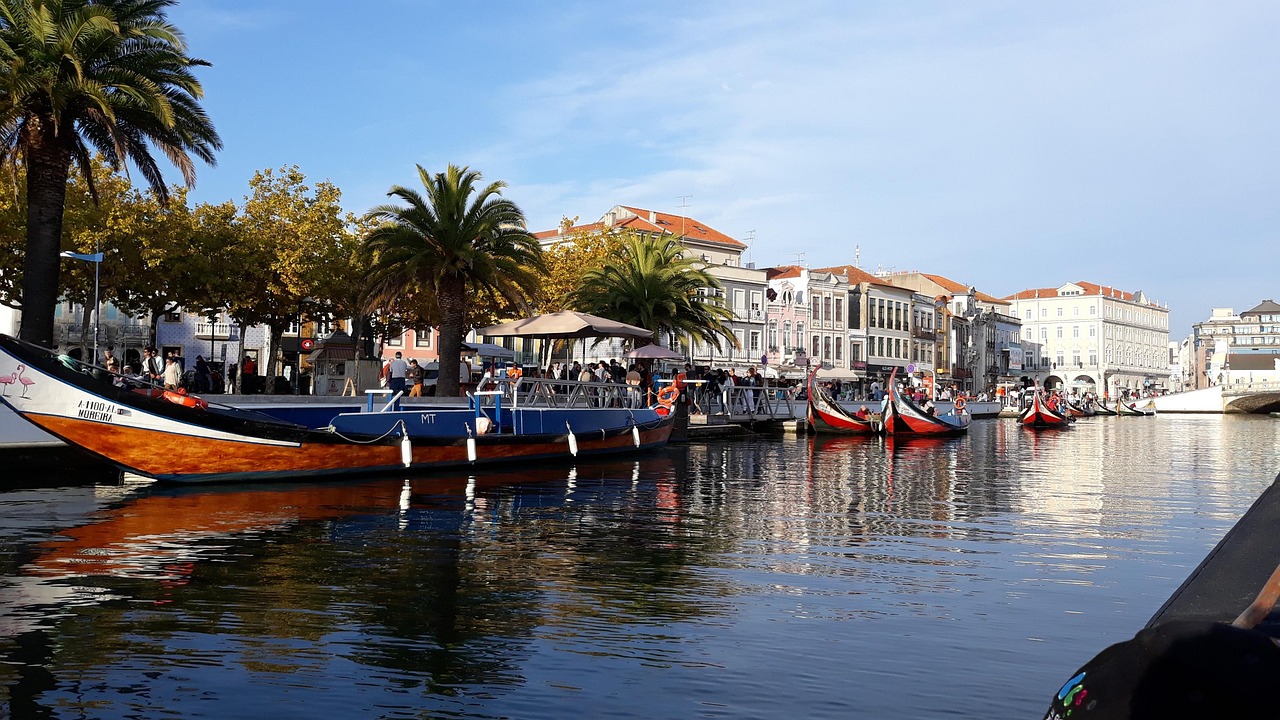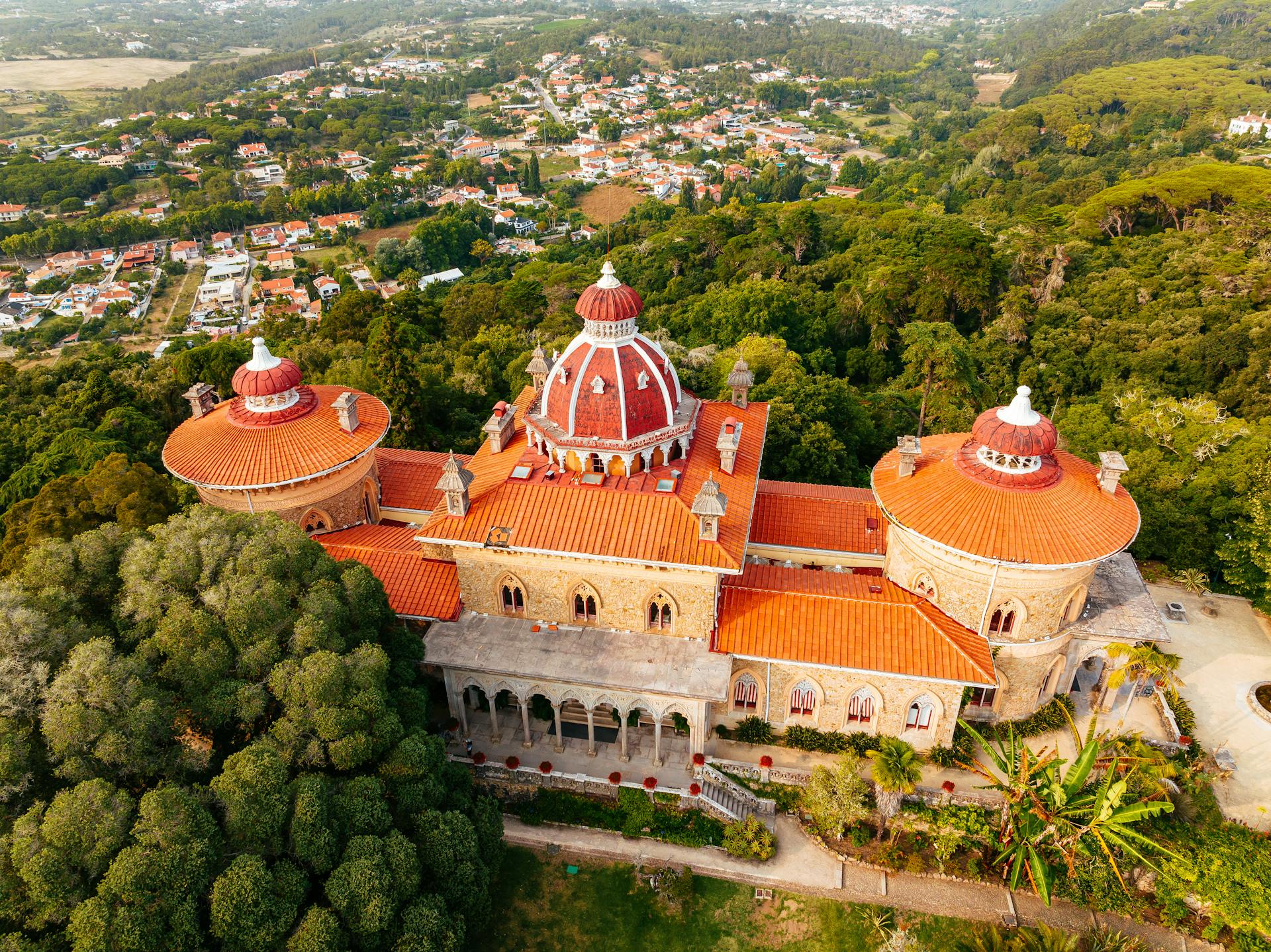Americans Lead Digital Nomad Visa Applications in Portugal

- Remove the current class from the content27_link item as Webflows native current state will automatically be applied.
- To add interactions which automatically expand and collapse sections in the table of contents select the content27_h-trigger element, add an element trigger and select Mouse click (tap)
- For the 1st click select the custom animation Content 27 table of contents [Expand] and for the 2nd click select the custom animation Content 27 table of contents [Collapse].
- In the Trigger Settings, deselect all checkboxes other than Desktop and above. This disables the interaction on tablet and below to prevent bugs when scrolling.
The number of American expats living in Portugal has grown at an incredible pace, with official data showing a sevenfold increase in residents since 2017, the same year Donald Trump began his first term in office. According to data from the U.S. Embassy in Portugal and the Agency for Migration, Integration, and Asylum (AIMA), nearly 21,000 Americans were registered in Portugal in 2024, compared to 14,126 in 2023 and only 2,888 in 2017.
Among the different options in Portugal, the Digital Nomad Visa has become the most popular residence permit among remote workers. Americans have been leading application numbers for two consecutive years. In 2023, they accounted for 22.4% of all digital nomad visas issued and maintained this position in 2024, as reported by Público.
This migration trend is also reshaping Portugal’s real estate market. According to the newspaper's report, citing data from Banco de Portugal, 529 Americans submitted applications for home loans in 2024. While they represented 3.79% of foreign buyers financing primary residences, their presence was even more significant in the market for secondary housing (like vacation properties), where they accounted for 19% of all mortgage-backed purchases by foreigners.
Portugal’s Digital Nomad Visa: An Overview
The Digital Nomad Visa in Portugal is intended for remote workers and freelancers wishing to live and work there legally. This visa presents two possible options:
- Temporary Stay Visa (valid for up to one year, renewable).
- Residence Visa (for those planning long-term stays, leading to residency).
To qualify, applicants must show proof of a monthly income of at least €3,480 (four times Portugal’s minimum wage) and maintain a bank balance of at least €10,440 (12 times the minimum wage) at the time of application.
How to Apply for a Digital Nomad Visa in Portugal
The application process is straightforward but requires careful preparation. Ensure you gather the following documents:
- Valid passport.
- Proof of remote work (employment contract or freelance contracts).
- Recent bank statements.
- Proof of income meeting the minimum threshold.
- Health insurance covering Portugal.
- Criminal record certificate.
Submit the Application:
Applications can be submitted at a Portuguese consulate in the U.S. or directly in Portugal through AIMA.
Await Processing:
Processing times vary, but applicants can expect a response within a few months.

Why Americans Are Choosing Portugal
The surge in Americans moving to Portugal is driven by several factors:
- Lower Cost of Living: Compared to major U.S. cities, Portugal offers a more affordable lifestyle, with total living costs in a city like Lisbon being 35-50% lower—thanks to housing that’s 50-70% cheaper, groceries 30-40% less expensive, dining out about 40-50%, and transportation costs even around 50-70%.
- Tax Benefits: Non-habitual resident (NHR) status provides tax breaks for qualifying individuals.
- Mild Climate & Quality of Life: Favorable weather and a strong expat community make Portugal a desirable destination.
- Booming Digital Nomad Scene: Cities like Lisbon and Porto offer co-working spaces and networking opportunities.
How Long Can a Non-EU Citizen Stay in Portugal?
Without a visa, U.S. citizens can stay in Portugal for up to 90 days within a 180-day period. For stays beyond this limit, securing a visa is essential.
Key Considerations Before Moving
Before relocating, it’s crucial to plan for:
- Tax Compliance: Understanding Portugal’s tax obligations, including reporting foreign income.
- Healthcare Access: Securing private health insurance if not eligible for Portugal’s public healthcare system.
- Housing & Cost of Living: Rental prices in Lisbon and Porto have risen, but there are still very affordable options in smaller cities and rural areas.
Conclusion
Americans continue to top the rankings for digital nomad visa applications in Portugal, reflecting a growing shift toward remote work and global mobility. With careful planning and the right visa, Portugal offers an ideal balance of affordability, lifestyle, and professional opportunity for U.S. expats.
The visa process and tax system are often perceived as rather complex. However, with expert guidance, the path ahead can become much clearer.
At Tytle, we provide tailor-made services, including:
- Obtaining a NIF number hassle-free
- Accounting/bookkeeping
- Accurate tax filing
- Estate planning
- Cross-border advice
- Immigration services
- And much more!
For more expert tax filing advice, feel free to explore “Capital Gains Tax in Portugal: Rules & Exemptions” and “Crypto Taxes in Portugal: Exemptions, Rates & Latest Updates”.
See our latest articles
Get affordable, cross-border assistance now!









.jpg)
.jpg)



.jpg)
.jpg)

.jpg)


.jpg)





